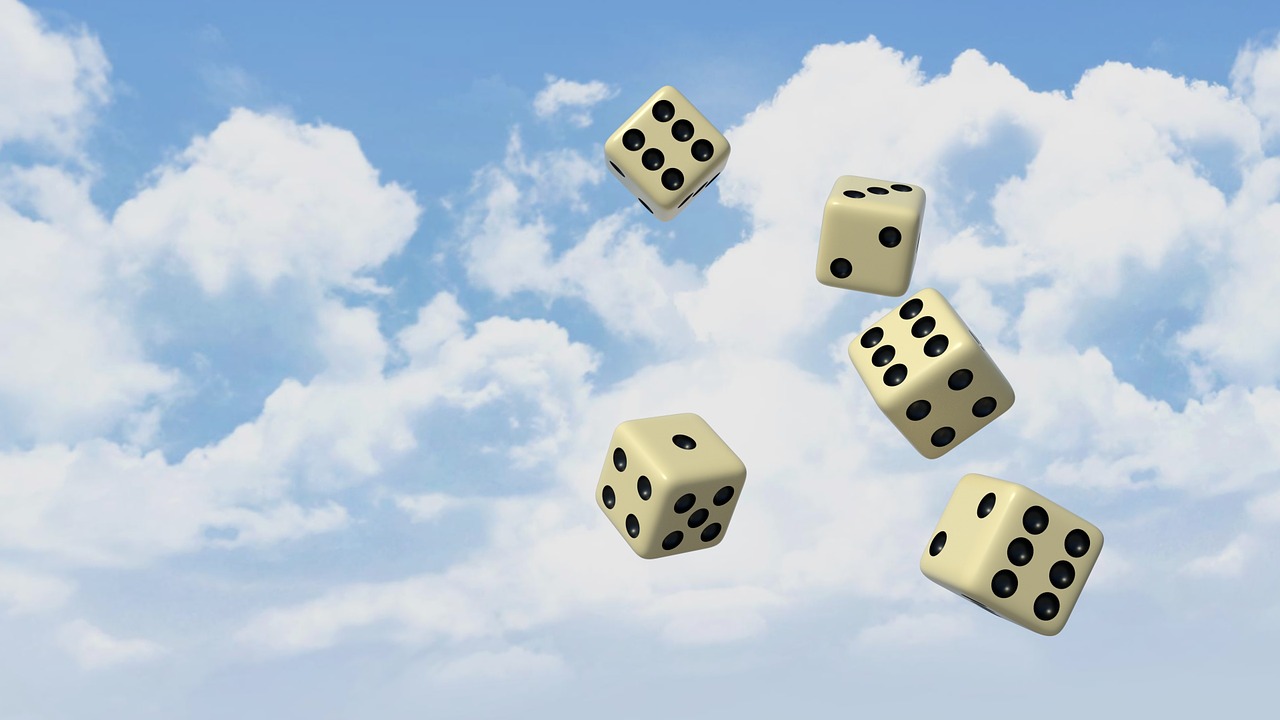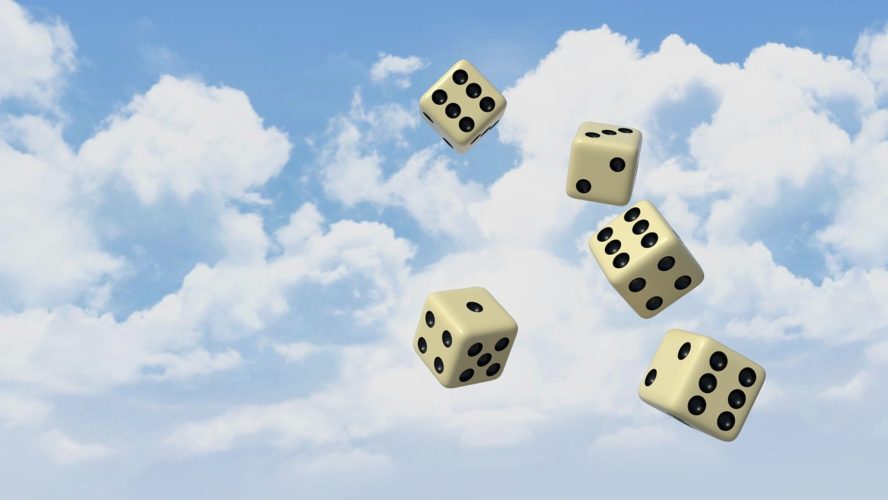The Accounting of Trust

Trusting brings peace of mind, trusting ourselves, trusting other people, trusting the universe, trusting life itself. Trust is a huge gift, because when we trust we are free of anxiety, mindfucks, feelings of foreboding, fear. All of the above are incompatible with happiness, so why is mistrust our default position, and why are we taught to mistrust by our parents?
What about using simple math and accounting, to create a balance sheet of trust vs. mistrust, to find out what serves us best and figure out whether we are making the right choices:
The Accounting of Trust
Let us try to examine a simple and common story. Let us say that John and Helen are in their mid-forties, they have been married for over fifteen years, and they have two or three school age children. Let us say now, that Helen has been noticing that John speaks on the phone and when she asks who it is he says wrong number, that there are brochures of jewelry stores, rental cabins in the woods, travel info. Let us add that a friend told her she saw John hugging a pretty blonde in the park, that his clothes smell of perfume and that he has had a secretive air around him recently. Assuming that she is happy or relatively happy with John and wants the marriage to be well, she has two choices: To trust or mistrust John. Trusting John would mean that the first thing that would come into her mind would be “Oh my lovely husband is preparing some surprise for our anniversary in a few months” and “how nice he finally met his cousin Tracy, he has been trying to arrange it for some time” or something similar. Now if John indeed is a loving husband and not cheating on him, this is an excellent choice. It makes Helen happy, relaxed, nice, friendly and loving which in turn makes John happy and affirms his choice of wife.
Let us suppose, now, that Helen is wrong in her trust, that John is not trustworthy, which in this case means either screwing around, having an affair or contemplating it. In this case, there are two distinct groups of probabilities. In the first group, John still wants to preserve the marriage and loves Helen, but maybe he is going through a midlife crisis, maybe their sex life had become a little boring or infrequent, maybe he is being tempted by a young secretary at the office coming on to him. In this case, Helen trusting him, being loving and nice is much more likely to make him feel guilty or think “I have this treasure at home, why would I risk this” then if she became irritated, angry, suspicious, turned a cold shoulder and had no interest in having sex with him.
So, trusting, even in this case were the trust is not merited would keep Helen happy and would be most likely to preserve the marriage, so it would be the best possible choice under the circumstances. The second group of probabilities is when John is not only cheating, but he no longer wants the relationship. Perhaps he no longer wants Helen, is in love with another person, he is sick of her, whatever, and he plans to leave her as soon as he builds up the courage to do it. In this case, nothing can be done, all is lost and no amount of detective work, suspicion and accusations will change that. The die is cast, but even in this case, a loving, trusting Helen would be more likely to tip him back than a cold, bitchy, filled with derision Helen.
If there is any ambivalence in the fate of the marriage according to John, what would be more likely to bring him back, if she really wants him? Love and trust that would shame him and make him think of what a gem he has, or suspicion, mistrust, accusations, coldness and anger? Take a guess!
What if Helen decides to mistrust John, check his pockets and cellphone, maybe hire a private detective to follow him, make snide remarks, be sarcastic, ask around or maybe even follow him herself? In the case where John is trustworthy, loves her and is just planning a surprise, mistrusting and mistreating him would be a horrible choice. It would make both of them miserable.
In the first group of probabilities where John is untrustworthy, where there is cheating or contemplation of cheating but where John is in no way considering leaving her, obviously mistrusting him with all that this would mean would be a bad choice because it would make it worse for her, since she would close her heart to him and suffer, worse for him since he would have an angry and cold bitch at home, worse for the survival of the marriage because it could drive him to an alternative, being unhappy at home. In the case where the marriage is doomed, mistrust and conflict would do nothing beneficial to save it, maybe just accelerate the inevitable.
Since John and Helen are a theoretical couple, if we allocate a statistical 50% to each possibility, just for the sake of the argument since we are talking about random, statistically diverse people, what do we see? The balance sheet of trust versus mistrust:
CHOICE A: HELEN TRUSTS JOHN
CHOICE B: HELEN MISTRUSTS JOHN
PROBABILITIES:
- John is trustworthy- 50% probability
- John is untrustworthy- 50%probability divided into 2 distinct groups of probabilities:
2a. Not serious for the fate of the marriage, fling or midlife crisis, John loves her and wants his marriage- 25% probability and 2b. Marriage doomed, John in love with another or totally fed up with Helen and his marriage- 25% probability
RESULTS:
CHOICE A-TRUST, PROBABILITY 1: 50% EXCELLENT CHOICE
CHOICE B-MISTRUST, PROBABILITY 1: 50% HORRIBLE CHOICE
CHOICE A-TRUST, PROBABILITY 2a: 25% BEST CHOICE
CHOICE B-MISTRUST, PROBABILITY 2a: 25% WORST CHOICE
CHOICE A-TRUST, PROBABILITY 2b: 25% DOOMED ANYWAY
CHOICE B-PROBABILITY 2b: 25% DOOMED ANYWAY
CHOICE A-TRUST: 75% BEST CHOICE, 25% DOOMED
CHOICE B-MISTRUST: 75% WORST CHOICE, 25% DOOMED
So, if you trust you face a 50% probability of doing great, a 25% probability of it being more likely to do great and a 25% possibility of doom, but with a little less suffering. If you mistrust, you face a 75% probability of doom and a 25% probability where it is more likely to be doomed just by the fact that you didn’t trust and behaved like a cold bitch.
Try this yourself with any issue; business, relationships, commerce, government, art. Of course all of this applies when we have already made the choice to be married and stay married, to be business partners or whatever, if we want the relationship and we have exercised due diligence in choosing our partners. If you do not want to maintain the relationship and just want to get the most advantage from the breakup, then it pays to mistrust. If you apply this balance sheet to any situation where the decision to relate has already been taken and circumstances require a decision on maintaining or withdrawing the trust you will find out that trust always pays astoundingly better than mistrust, as a minimum in 75% of the cases. Any casino, any gambler would love to play with these odds instead of against them. Why don’t we?
Are we so demented that we choose mistrust against trust for the crushing majority of people and occasions? Trust is so rare and mistrust so common. Absolute trust seems like an almost superhuman feat, such that we stand in awe when we see a person exhibiting it. It is the stuff of fairy tales and movies. Are we collectively so insane, so irrational that we choose mistrust over trust over and over again? Why would we make a choice with 75% probability of definite disaster and 25% of likely disaster, and not one with 75% probability of success and 25% probability of, at worst, similar outcome to the mistrusting option? Why would we be drawn to choices that do not serve us? Are we crazy, misguided, idiots or blind?
It seems that we are. But is dementia the reason why we would collectively be taught and teach our children to have the worst possible choice as the default choice? There must be some payback, some advantage in mistrust as our default choice. Otherwise we must conclude every single person is insane. Well, there is a precious bonus that comes with the choice of perpetual mistrust, a gift so valuable that it leads to choose the worst possible choice on the vast majority of occasions. Because only if we choose to mistrust everything and anybody on the slightest provocation, even the people that we have chosen to partner with in whichever function, only then can we proudly claim “I ALWAYS KNEW IT HE WAS A RAT”! The entitlement to this declaration which cheapens and defiles every good memory is our big bonus, the thirty pieces of silver for a life of mistrust; confirmation of the mistrust itself, the ultimate of self-fulfilling prophecies. But sarcasm aside, the reason of our mistrust is that it sustains our collective paradoxes, allowing us to see our paradise as a horrible, dangerous, predatory place and all our brothers and sisters as well as ourselves as vile, selfish, horrible creatures. This way we can avoid happiness, pride, love, peace and live wretched, miserable lives in order to not compete or antagonize anyone, to be accepted and supported by society and to avoid social harm or death, ostracism which has substituted physical harm and death as our number one terror.
Trust is a muscle. Like all muscles it grows powerful with exercise. But our trust muscle has been shunned, imprisoned by our common beliefs, forced to starve and atrophy. Core instruction number three of our operating system needs to reverse this, so: Exercise due diligence on where you place your trust, but once you have chosen, trust your choices dogmatically: It mathematically pays on 75% of the cases. And make the choice to trust life, trust the universe and trust human nature.

